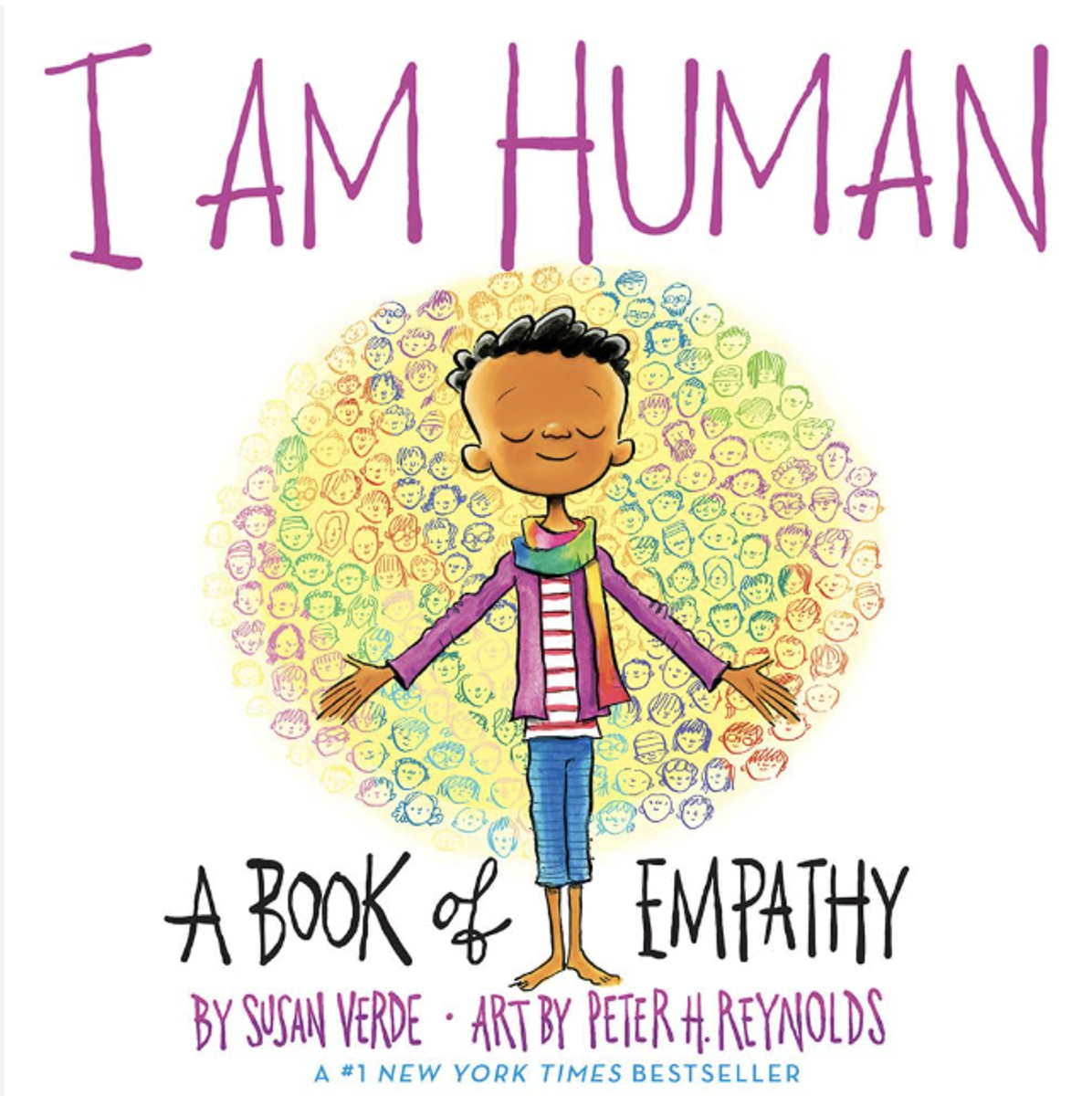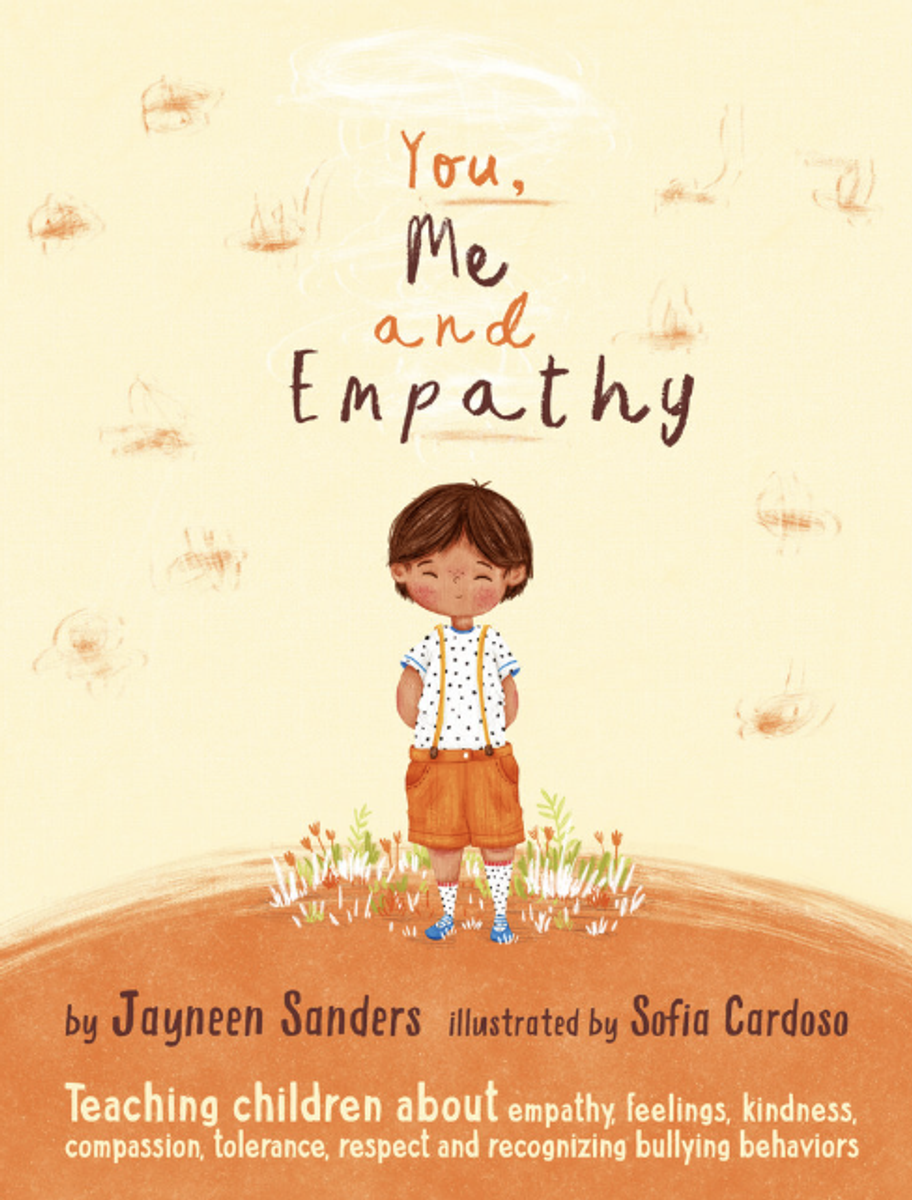Deputy Principal News
Mrs Naomi Corfield

Deputy Principal News
Mrs Naomi Corfield
Our school's SEL focus for the last 2 weeks of term is the explicit teaching of Empathy. This can be a very challenging skill for children as it is not necessarily an innate capacity. It is a skill that's developed and refined through social interactions and experiences, rather than being solely determined by genetics. Therefore it is important for significant adults to model and teach what empathy is, why it is important and how we can demonstrate empathy.
Model empathy.
Any time you want to teach a skill to a child, it’s important to model it yourself. This way, the child understands what empathy looks like, sounds like, and feels like. Plus, it’s easier to teach a skill that you’ve already mastered yourself.
Remember to model empathy even when you’re upset with or giving consequences to your child. This reinforces the idea that empathy can and should be used even when you’re feeling disappointed, hurt, or angry. The more children receive empathy, the more likely they are to offer it to others.
Discuss emotions.
Talk openly about emotions rather than dismissing or burying them. Let’s say your child is scared of the dark. Instead of saying, “There’s nothing to be afraid of,” explore the child’s feelings: “Are you scared of the dark? What scares you about the dark?”
If your child doesn’t like another child, don’t immediately say, “That’s wrong,” but ask why the child feels that way. This can lead to a discussion about the other child’s actions and why the child might be acting that way (e.g., They just moved to a new school and are feeling angry because they miss their old school and their friends).
Never punish a child for feeling sad or angry. Make it clear that all emotions are welcome, and learn to manage them in a healthy way through discussion and reflection.
Help out at home, in the community, or globally.
Helping others develop kindness and caring. It can also give children the opportunity to interact with people of diverse backgrounds, ages, and circumstances, making it easier to show empathy for all people.
Read through our list of activities that make a difference at home, in the community, and globally, then pick an activity or two and get started.
Praise empathetic behaviour.
When your child shows empathy for others, praise the behaviour. Focusing on and encouraging empathetic behaviour encourages more of it in the future.
Make the praise specific, eg: “You brought your sister a Band-Aid for her scraped knee so she could feel better. That was so kind and helpful!”
Two books that we will be focusing on across the school to help to teach Empathy that you might like to look at at home are available if you click the image it will take you to the link.



